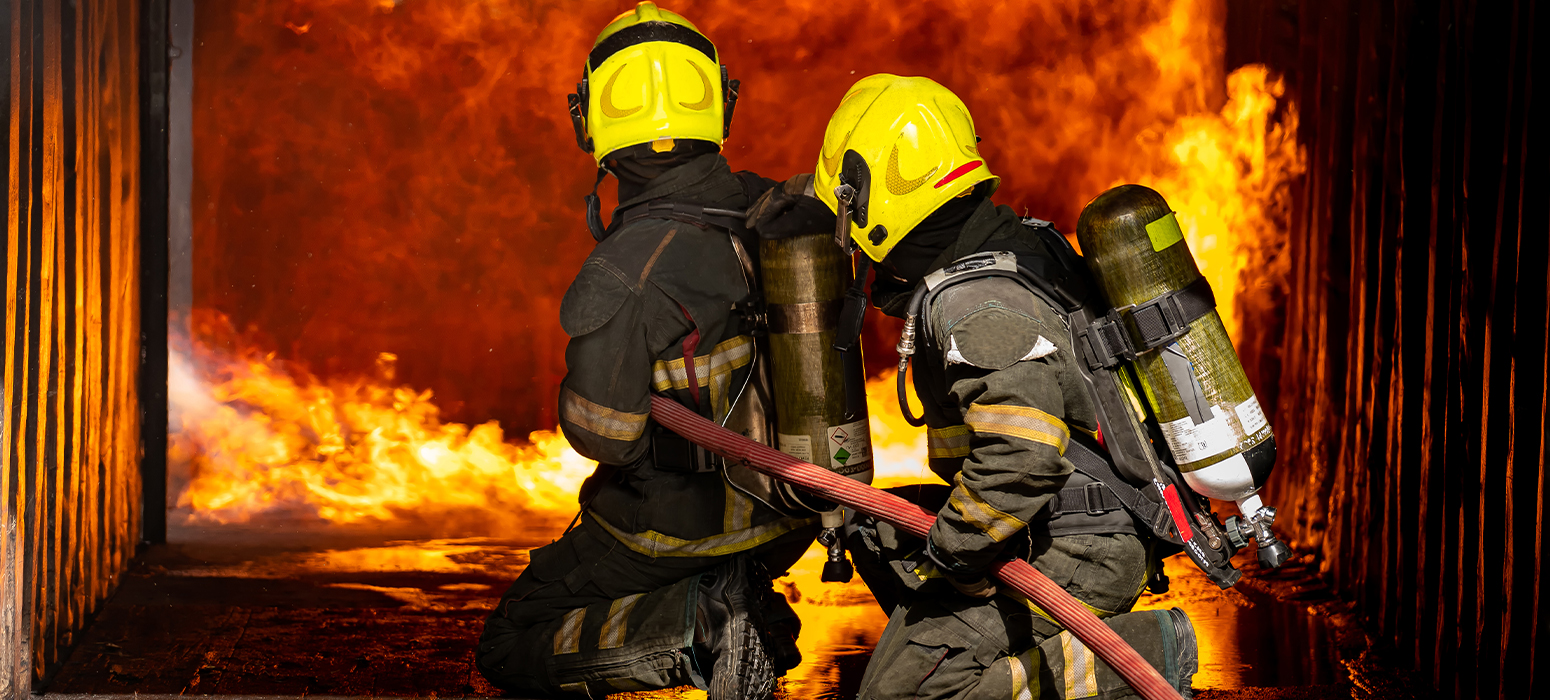Coats FLX Technology
Engineered yarns and fabric concepts with stretch characteristics
Registered users can place Bulk Orders . Contact local Coats office for registration.
Coats are experts in the design and supply of a diverse range of products that serve a variety of strategic end-use markets.

























































Coats does not recommend adding any additional lubricant/silicone to thread. It can change thread color and cause variations in friction, resulting in oil stains. Atomized silicone may also pose a health issue if inhaled by operators/machinists.
The dye uptake depends on many parameters such as cotton type, quality, finish etc. and any difference in these parameters between the fabric and thread will result in shade difference.
To improve seam elongation, you can increase the stitch rating per cm or inch, increase the bite, reduce the needle/looper tensions on affected seams, or change the type of thread used.